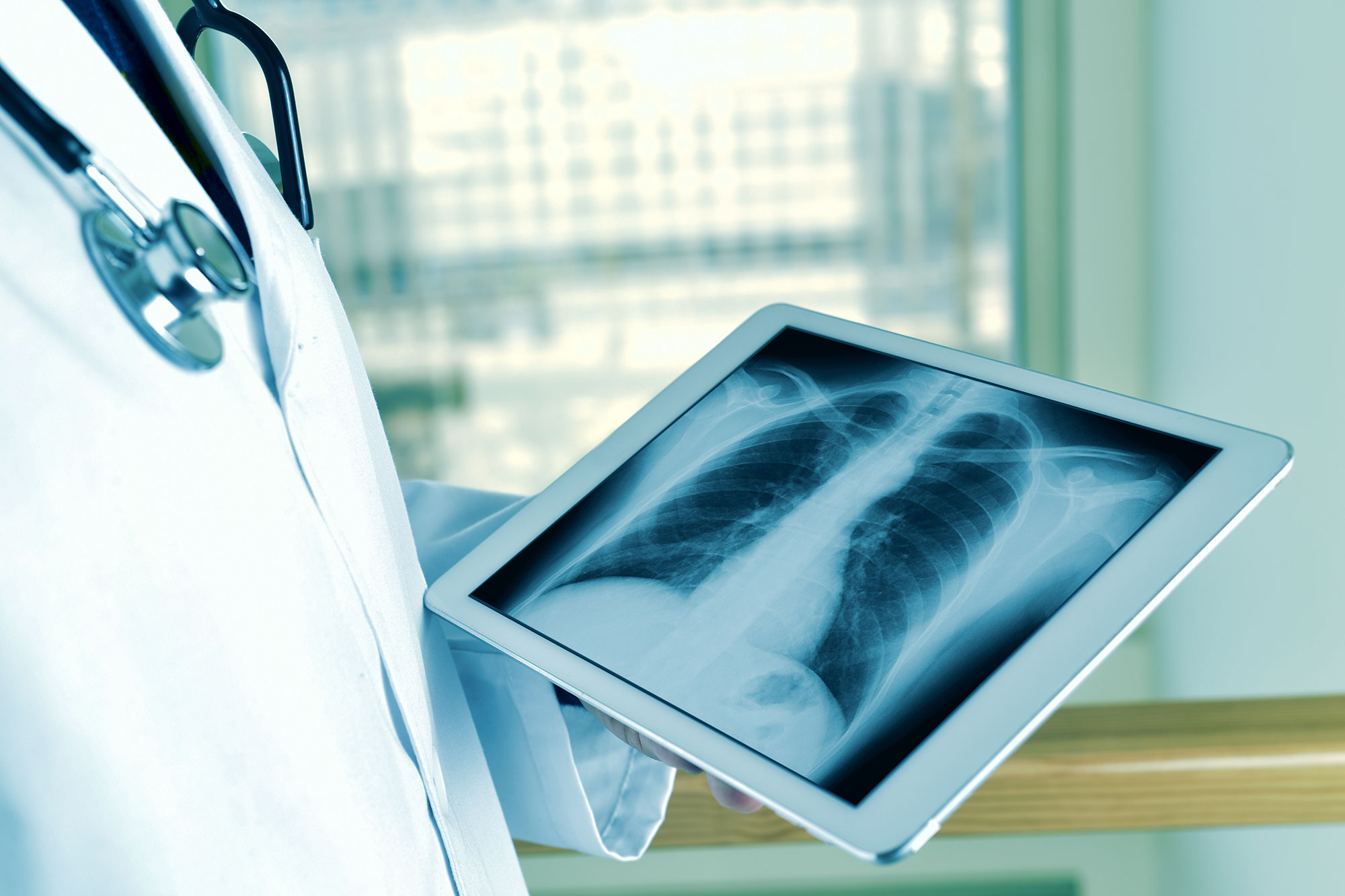VIRTUAL COLONOSCOPY
Pain in your bowel, colon, or stomach could be caused by many conditions, including ulcers, diverticulitis, irritable bowel syndrome, intestinal obstruction or cancer. A CT exam can help your physician detect the source of the pain, evaluate the problem, and determine possible treatment options.
CT colonography is an advanced type of X-ray exam that uses computed tomography (CT or CAT) scanning to capture interior views of the colon (large intestine) that can ordinarily only be seen with an endoscope inserted into the rectum. This relatively new, minimally invasive test provides three-dimensional images that can depict polyps and colon masses as clearly as when they are directly seen by optical colonoscopy.
What should I expect?
You will lie on your back on the CT table. A thin tube will be inserted into your rectum. Air will flow through the tube to expand your large intestine for better viewing. The table will move through the CT scanner and take the images. You will be asked to hold your breath at points throughout the procedure to avoid blurry images.
The same procedure will be repeated while you lie on your right side and then possibly on your stomach.
The entire procedure takes 30-40 minutes and does not require sedation.
How do I prepare?
It is important that your bowel is clean and empty for your exam. To prepare for your exam, follow the liquid diet and bowel preparation kit instructions below.
Do not eat or drink anything after midnight on your exam date until you are advised to after your exam. You may, however, take your daily medicines as prescribed with small sips of water.
The bowel preparation kit contains laxatives and contrast material. The laxatives will help empty the bowel for the exam. The contrast will help to highlight any stool left in your colon on the pictures.
You will begin your bowel preparation kit the day before your exam. Step-by-step instructions will be provided by Inland Imaging before your exam. You may pick up your bowel preparation kit at an Inland Imaging location at Holy Family, South Cowley, Valley, and Tri-Cities.



